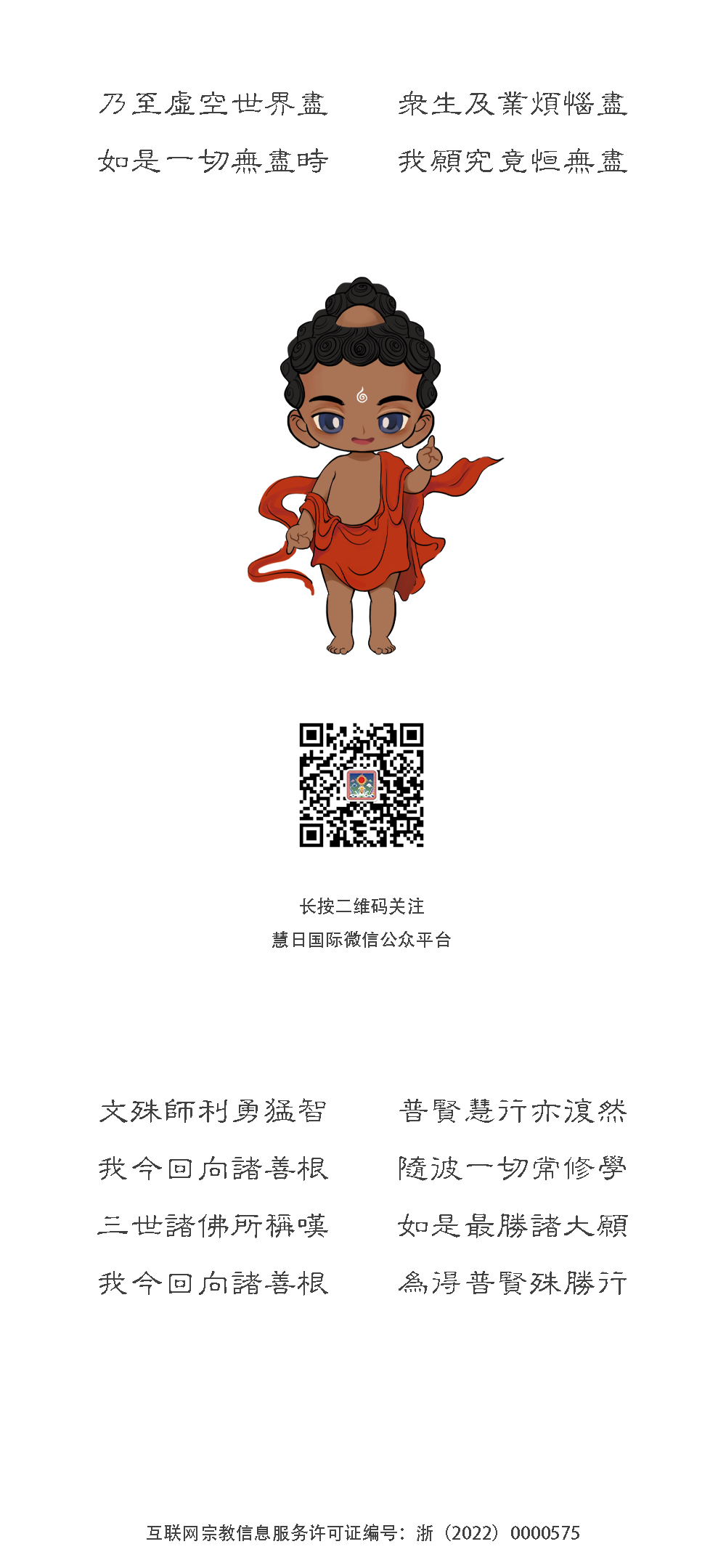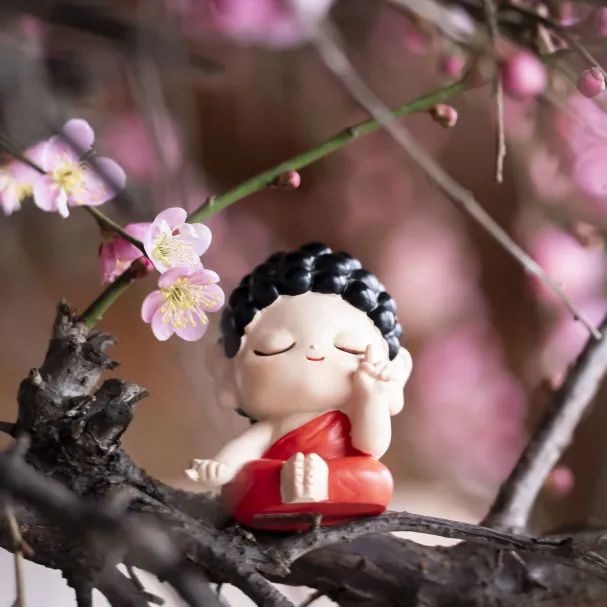跟师父在一起才能知道的学佛细节
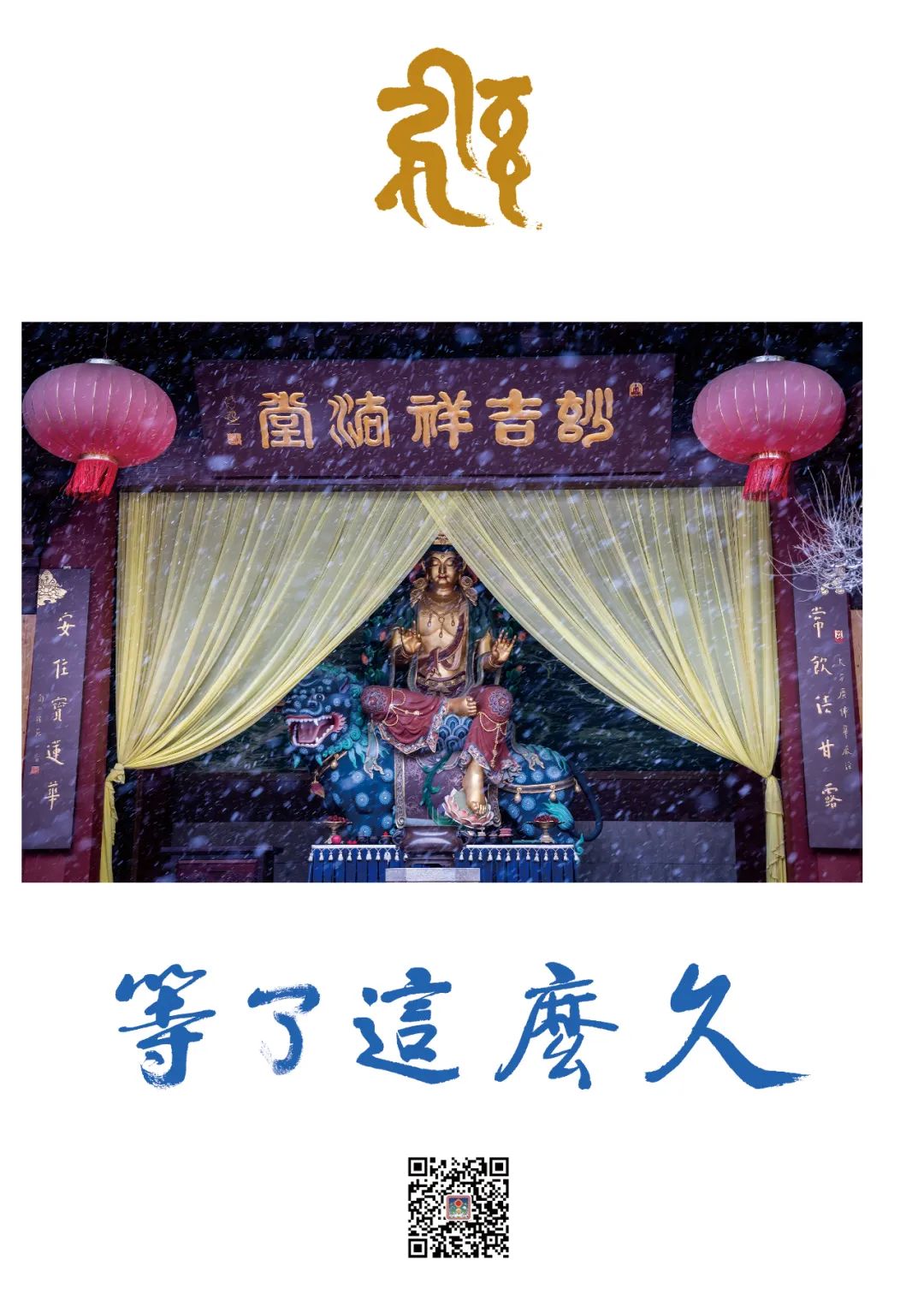

跟师父在一起才能知道的学佛细节
Details of Buddhist Practice That Can Only Be Learned by Being with the Master

师父回忆师公:
我想:与一个人的交往,比如说你拜师父很多年了,但实际你跟师父在一 起的日子还是很少的,哪一天你回忆起师徒间的零碎片段,如果哪个片段能够植入你的生命中,你很清晰地记得,那个片段可能就是你生命中的永恒。对于我来说,就是那个冬至,定格了师父的慈悲微笑。那是一个阳光灿烂的冬至,我们嘴里吃着清脆的萝卜,听师父给我们讲吃萝卜的科学。这样一个情非情境,有可能就成为我们,解脱到极乐世界去的一个通道。在他老人家身边十几年,他留给我的每一个片段,都是我们解脱的因缘。
The Master's Recollection of His Own Teacher:
I think: regarding to one's interactions with another - for instance, you may have been a disciple to your master for many years, yet in reality the time spent in your master's presence is often quite limited. One day, when you recall those scattered moments between master and disciple, if any of those moments has taken root in your life, remaining vivid in your memory, that moment may well become eternal in your life.
For me, it was that Winter Solstice that etched my master's compassionate smile in my memory. It was a brilliantly sunny Winter Solstice, and we were crunching on crisp radishes while listening to our master explain its nutritional value. Such sentient and non-sentient phenomena could potentially become a gateway for our liberation to the Pure Land. During the more than ten years spent by his side, every single moment he left me has become a karmic condition for our liberation.
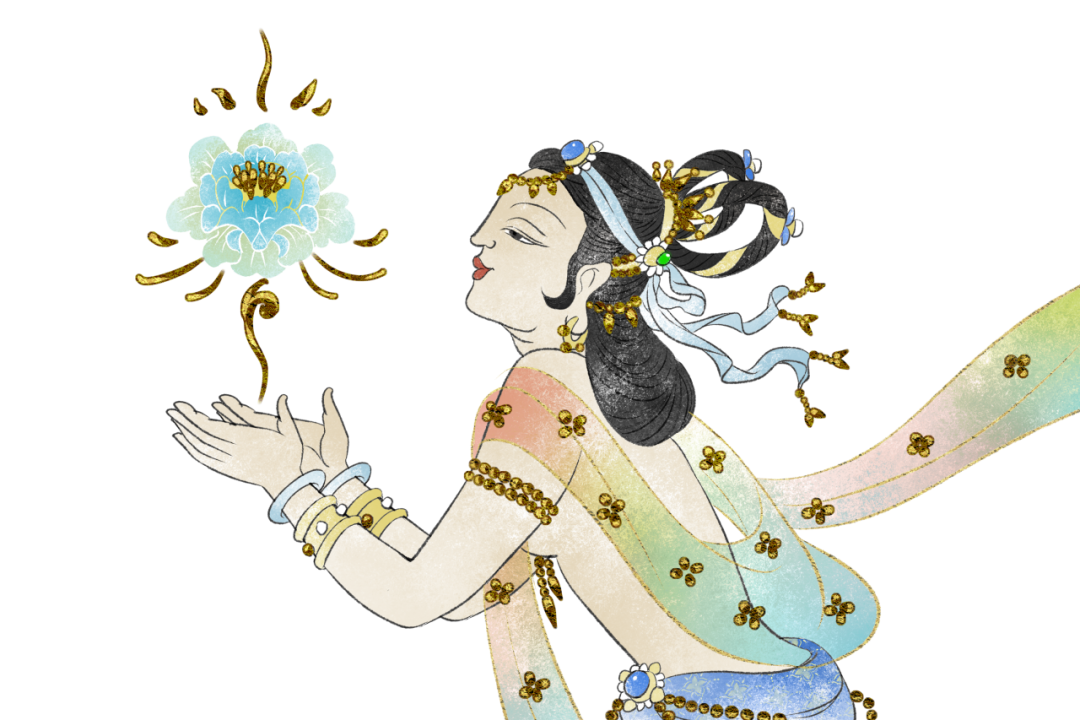
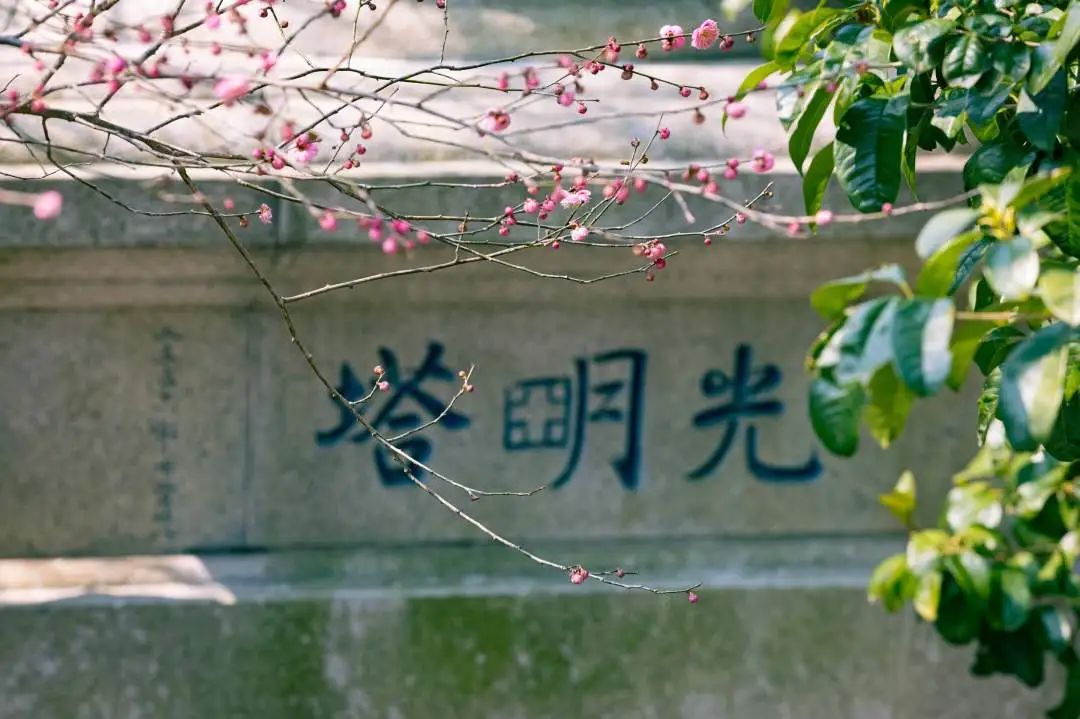


目标 Goal

信众问:极乐和涅槃,就是死亡吗?
师父说:我们的生命,不单有物质的一面,也有精神的一面,我们大多数人很注重物质的一面,精神的一面却忽略掉。
Lay Buddhists asked: Are the Pure Land and Nirvana just another name for death?
Master replied: Our life has not only a material aspect but also a spiritual aspect. Most of us focus heavily on the material while neglecting the spiritual.
从佛法更甚深的空性来说,既然我们“能度一切苦厄”,那么,我们一定不应该仅仅只局限于享受到快乐的生活,我们甚至可以享受到无上“极乐”。
From the profound Buddhist perspective of emptiness, since we can "deliver all beings from suffering," then we shouldn't limit ourselves to the pursuit of mere worldly happiness- we can even experience supreme "ultimate bliss".
“极乐”是什么意思?有人说到“极乐”就想到“涅槃”,“涅槃”不是死了吗?那我不要,我还有很多事情没做呢。其实这是很大的误解。
What does "ultimate bliss" mean? Some people think of "nirvana" when they hear "ultimate bliss" and say, "Isn't nirvana death? I don't want it - I still have so much left to do." This is a major misunderstanding.
“涅槃极乐”,
就是让轮回停止下来,
让痛苦停止下来,
让生死永远结束,
让我们的生命从轮回的状态寂灭,
从而显发“不生不灭”的佛性。
"Nirvanic bliss" means:
-Bringing an end to samsara,
- Ceasing all suffering,
- Terminating the cycle of life and death,
-Allowing our life to attain extinguishment from the state of samsara,
-And thus manifesting the Buddha-nature of "neither arising nor ceasing."
说“般若”可以,说“定光”也可以,说“真如”、“法界”都可以,名称可以很多。我们念一句“南无阿弥陀佛”都是佛的三无漏学,我们的生命能够于当下,就得到快乐。轮回是分分秒秒没有停止过死亡,所以,我们的生命应当追求终极的目标。
You can call it “Prajna”,“Illuminating Light”, “Tathata” or “Dharma Realm” - there are many names. Even chanting a single phrase like "Namo Amitabha Buddha", it embodies the Buddha's Threefold training of precepts, concentration and wisdom. Our life can attain happiness in the present moment.
Samsara is death continuing without cessation; therefore, our life should pursue the ultimate goal.
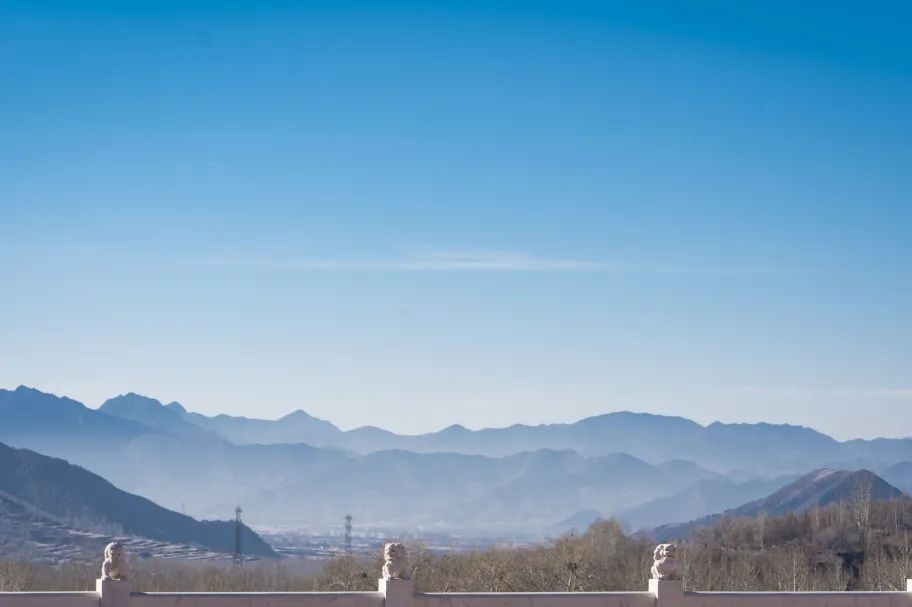


发心Aspiration

信众问:小乘和大乘的主要区别?
师父说:小乘和大乘的分别主要是发心上面区别,法并没有区别。小乘就是说为了自己的解脱而修学,哪怕是学大乘法的,哪怕他是学更高的,有可能他也落在一种小乘的境界里。
Lay Buddhists asked: What is the primary difference between Theravada and Mahayana Buddhism?
Master replied: The main distinction between Theravada and Mahayana Buddhism lies in the aspiration (bodhicitta), not in the dharma itself. Theravada refers to practicing for one's own liberation. Even if someone studies Mahayana teachings or even higher ones, they might still remain in a Theravada state of mind.
如果一个人学的是小乘法,但是他发的是大乘的心,他也属于大乘。我们持五戒,五条戒严格来说它属于小乘的,但是当我们持这五戒为了一切众生而去受持的时候,那就变成大乘法了。所以大乘小乘的不在法,是在发心、动机,他的心的量的大小。
Conversely, if someone studies Theravada teachings but generates Mahayana aspiration, they belong to Mahayana. For example, adhering to the Five Precepts technically belongs to Theravada. However when we uphold these five precepts for the benefit of all sentient beings, they become Mahayana dharma. So, the distinction between Mahayana and Theravada isn't in the teachings, but in the aspiration, motivation, and the breadth of one's mind.
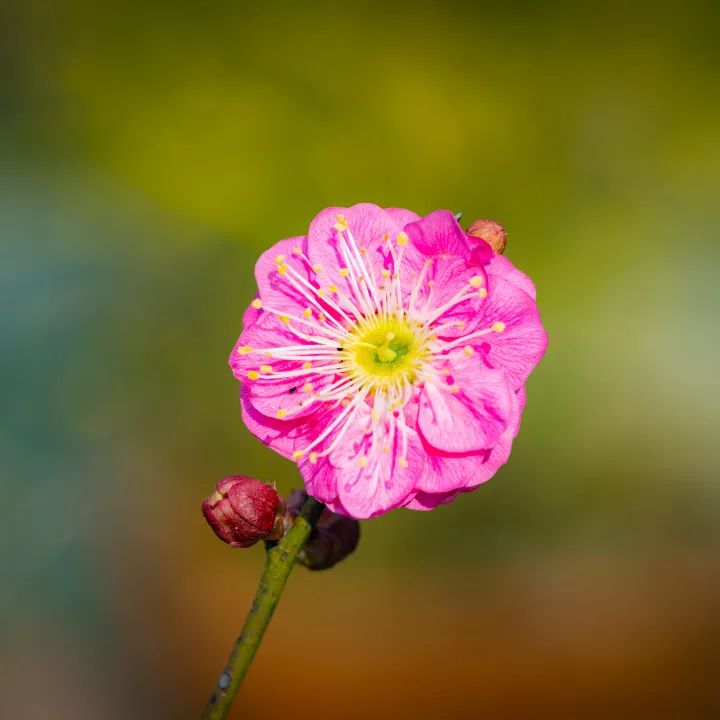


安放 Proper Handling

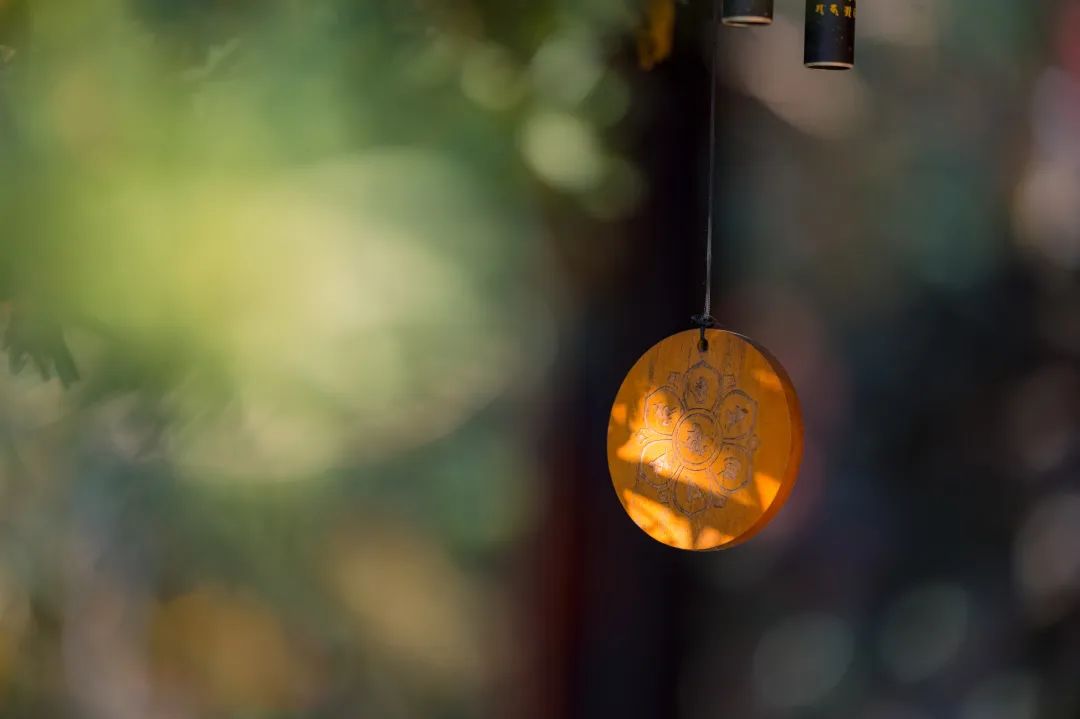
信众问: 护身符或经书模糊不清损毁,该怎么处理?
师父说:比如说一段时间了,如果没有损毁很严重,装藏是可以的,还有别人造塔,可以放在塔里面。比如敦煌莫高窟出土的那么多经书,莫高窟里面有些洞被打开后,里面有很多残缺的经书,所以有人说这是藏经洞,也有可能是过去一些不完整的经书放在里面。
古人也会把残缺的经书放在塔里,或者是放在洞里面。实在没办法,才用火烧掉,但烧掉后留下的灰要处理好。
Lay Buddhists: How should we handle damaged or unclear amulets or scriptures?
Master: If they haven't been severely damaged after some time, they can be properly enshrined. They can also be placed inside a stupa built by others. For instance, consider the many scriptures unearthed from the Mogao Caves in Dunhuang - when some caves were opened, they contained many incomplete scriptures. While some call them the Library Caves, it's possible they were used to store incomplete scriptures from the past.
The ancients would place damaged scriptures in stupas or caves. Only as a last resort, should they be burned, and even then, the ashes must be carefully handled with proper respect.

超越Transcendence

信众问:平时积功累德,能否帮助超越死亡之苦?
师父说:福德很厚重的人,法身慧命的功德体就彰显得越有力量,能超越病痛与死亡。功德体越来越大,越能超越自身。当你自身衰败的时候,你甚至可以知道自己哪一天,这个身体就用完了。至少在病痛来临时,你能超越在它之上,而不被肉体的牢狱紧紧地桎梏。
Lay Buddhists: Can regular accumulation of virtue and merit help us transcend the suffering of death?
Master: Those with profound virtue and merit will find their Dharmakaya and wisdom life's virtuous essence manifesting with greater power, allowing them to transcend illness and death. As the virtuous essence grows, one's capacity for self-transcendence increases. When your body declines, you may even know which day this physical form will be exhausted. At the very least, when illness arrives, you can transcend it rather than being tightly bound by the prison of the physical body.
所以说,修功德就很重要。功德,是带着你超越苦难的载体。到底是走在狭隘的小路上,还是走在光明的高速公路上,生命的抉择很重要。
Therefore, cultivating merit is crucial. Merit is the vehicle that carries you beyond suffering. Whether you walk on a narrow path or travel on an bright highway - this vital life choice matters greatly.
所以学佛就是积累资粮,让自己走在高速公路上。虽然死亡终将来临,你却成为死亡的欣赏者,甚至可以做到坐脱立亡。
Thus, Buddhist practice is about accumulating provisions, allowing ourselves to travel on the highway. Though death is inevitable, you become an observer of it, appreciating its nature, and might even attain the ability to depart this world with full awareness and dignity.

平衡Balance

信众问:没办法常来共修,上班和做义工该怎么平衡?
师父说:你既然体验过共修好,今天有共修会你想来参加,但是你却要上班,那你怎么办?那你上班的时候你要想:今天有很多人在修功德,我就随喜。不要一边上班,一边愁眉苦脸。
Lay Buddhists: How should one balance work and volunteer service if I can’t regularly attend group practice?
Master: If you've experienced the benefits of group practice but today you find yourself unable to attend due to work, what should you do? You could shift your mindset and think: "Many people are cultivating merit today, and I rejoice in their effort." Don't work with a troubled expression.
上班要高高兴兴上班,我又上班又能够随喜多好啊,打两份工。比如说今天我有空,我来参加这么好的法会,法喜充满。那你要想,这世界上有多少人才能来做这些功德啊,大多数的人都迷失在苦海当中啊,所以我一边在做义工,一边要为天边无际的沉沦苦海的如母众生,我要替他们来打这份工,做这个功德。
Work joyfully - it's wonderful to both earn my livelihood and rejoice in the merit of others, as if holding down two meaningful jobs at once. For example, when I have time to attend such wonderful dharma event today, I should embrace it wholeheartedly and be filled with the Dharma joy. Reflect on this: how few people in this world are fortunate enough to perform such virtuous deeds - most are still lost in the boundless ocean of suffering. So when volunteering, remember the countless mother-like beings drowning in the ocean of samsara - do this work and create merit on their behalf.
所以,你就是在做义工,也不要忘了众生,就是你没时间来,你也不要忘了随喜。
Therefore, while volunteering, don't forget about sentient beings, and even when you can't attend, don't forget to rejoice in the merit of others.

无常Impermanence

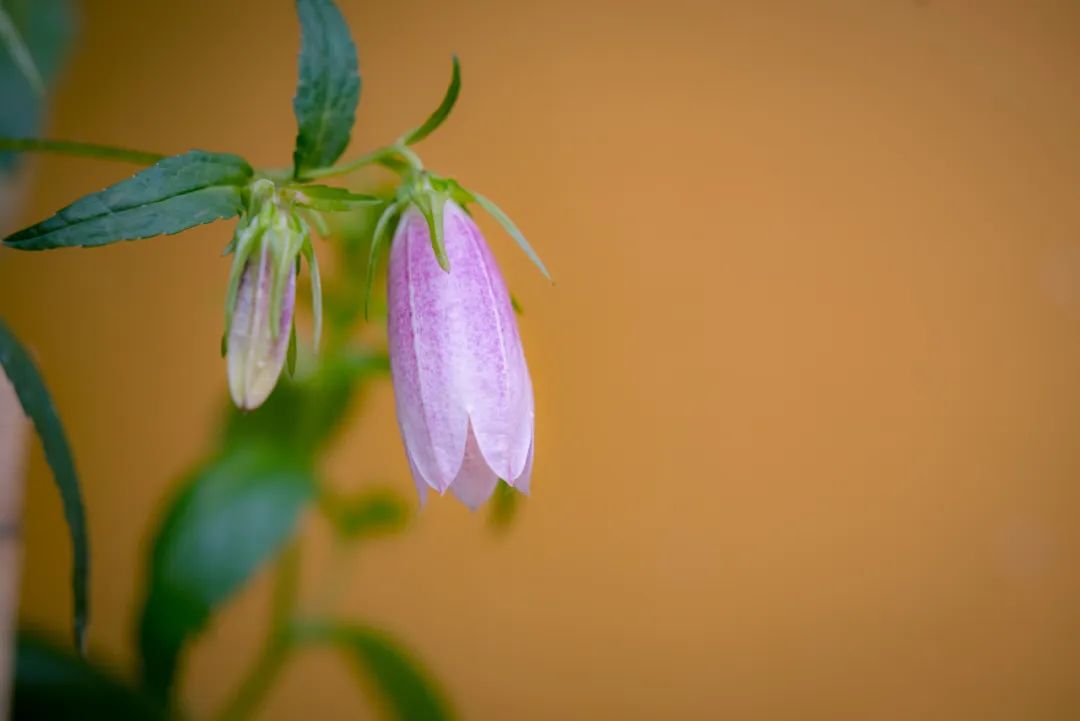

信众问:修行人怎样看待死亡?
师父说:大家都知道,有生必有死,有聚必有散。不信佛的人,一般都非常恐惧死亡。作为佛弟子,思考得最多的反而是了生脱死。佛弟子的修行课题,就是修死亡之前的死亡。
Lay Buddhists: How should practitioners view death?
Master: Everyone knows that where there is birth, there is death; where there is gathering, there is separation. Non-Buddhists often harbor a deep fear of death. In contrast, as Buddhist disciples, what we contemplate most is actually liberation from birth and death. The fundamental practice for Buddhist disciples is to train oneself to face death before it arrives.
印光大师说,学道之人念念不忘死,则道业必成。生死问题是头等大事,修行人不但不回避死亡,甚至直面生死,勤修戒定慧三无漏学,志于体验到生命不生不灭的境界。
Master Yinguang said that practitioners who keep thoughts of death constantly in mind ensure their ultimate realization of the Way. The issue of life and death is of utmost importance. Practitioners not only do not shy away from death but face it directly. They diligently cultivate the Buddha's Threefold training of precepts, concentration and wisdom, aspiring to realize the state where life neither arises nor ceases.
莲池大师讲:“生死事大,无常迅速,一句弥陀,莫换题目。”
Master Lianchi said: "Life and death are of paramount importance and impermanence comes swiftly – hold firmly to the recitation of "Namo Amitabha " without shifting to a new focus.
----三参法师
——San Can Master
英文翻译:智航;英文朗诵:贤淑老师

